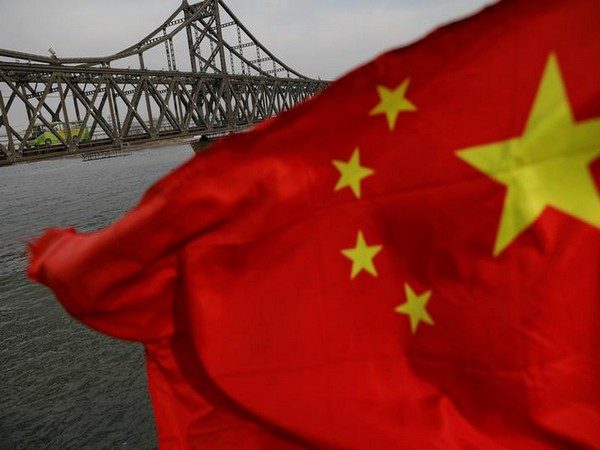China's Global Diplomacy: A Paradox of Alliances
China claims neutrality but shows clear biases on the international stage. It supports Iran and Pakistan against Israel and India, while not condemning Russia's actions in Ukraine. China's strategic interests, especially in the Middle East, highlight its complex and sometimes contradictory global alliances.

- Country:
- and
China's international stance, often touted as neutral, reveals nuances indicating otherwise. In recent conflicts, China's alignment with Iran against Israel, and Pakistan against India, showcases Beijing's strategic biases. This selective approach extends to Russia, with China remaining silent on Moscow's military aggression in Ukraine.
China's deep-rooted interests in the Middle East are evident through its substantial oil imports from Iran and strategic relations with Palestine. Beijing's support is fueled by significant economic agreements, exemplified by a 25-year cooperation program with Iran. However, criticism surrounds its indirect supply of Chinese-made weapons in conflict zones.
Critics argue China's global strategy reflects a balancing act of power politics, especially against the backdrop of strained US-China relations. As China's assertive diplomacy challenges Western influence, questions arise about the sustainability of its alliances and neutrality claims in escalating global conflicts. (ANI)
(With inputs from agencies.)
ALSO READ
Operation Sindoor: India's Resolve Against Terrorism
Surge of Domestic Investments Mitigates Global Caution in Indian Real Estate
Social Media Crackdown: Pakistani Celebs' Accounts Blocked in India Amidst Controversy
Jio-BlackRock's Market Entry: What It Means for India's Broking Industry
Pilot Pen India Unveils First Flagship Store: A New Chapter in Premium Writing Experiences










